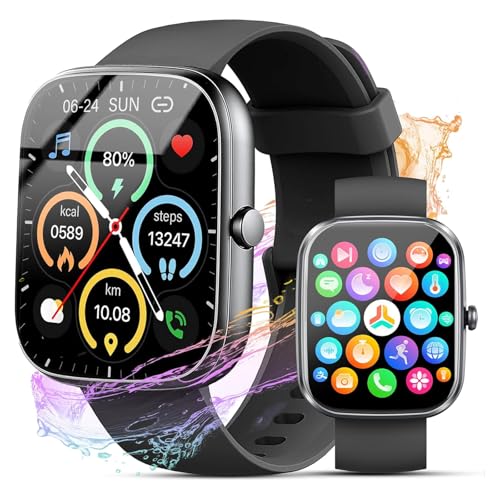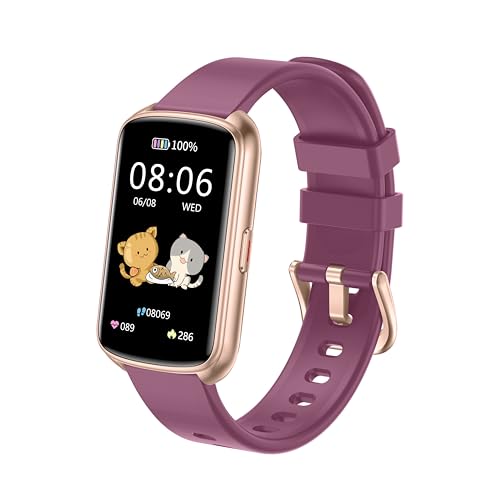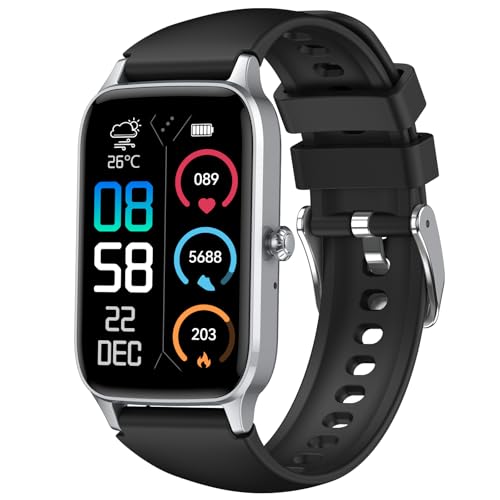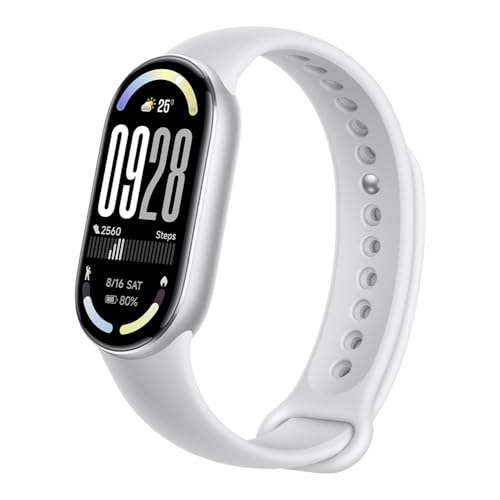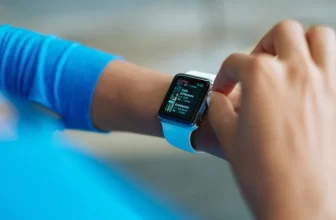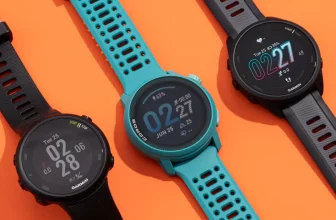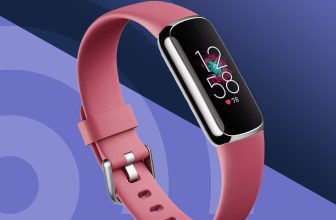
Fitness Trackers for Weight Loss
How to Choose a Fitness Tracker for Weight Loss
Losing weight is as much about consistency and motivation as it is about diet and exercise. A good fitness tracker for weight loss can be your secret weapon—helping you monitor your daily activity, keep tabs on calories burned, and stay accountable to your goals. But with so many fitness trackers for weight loss on the market, how do you pick the right one? This guide will walk you through everything you need to know to make an informed choice.
Why Use a Fitness Tracker for Weight Loss?
-
Objective feedback: Rather than relying on guesswork, trackers give you hard data—steps taken, calories burned, active minutes—that you can use to adjust your routine.
-
Motivation & accountability: Seeing your progress in real time keeps you motivated. Many devices send reminders to move if you’ve been inactive, and celebrate milestones with you.
-
Holistic health insights: Beyond exercise, modern trackers measure heart rate variability, sleep quality, and even stress levels—crucial factors for sustainable weight loss.
-
Goal setting & gamification: Set daily or weekly targets, join challenges with friends, and earn badges. Turning your weight-loss journey into a game can boost adherence.
Key Features to Look for in Fitness Trackers for Weight Loss
When shopping for a fitness tracker for weight loss, consider these core features:
1. Accurate Calorie Tracking
-
Basal Metabolic Rate (BMR) estimation: Look for trackers that calculate your resting calorie burn using your age, height, weight, and gender.
-
Active calorie burn: Ensure the device uses both accelerometer data and heart-rate monitoring for precise estimates.
2. Continuous Heart-Rate Monitoring
-
Resting vs. active HR: Continuous monitoring lets you see how hard you’re working in workouts and gauge recovery.
-
Heart-rate zones: Track time spent in fat‑burn, cardio, and peak zones to optimise workouts for weight loss.
3. Activity & Step Counting
-
Step accuracy: While steps aren’t everything, consistent step-count data can motivate you to move more throughout the day.
-
Multi-sport modes: If you swim, cycle, or do HIIT, choose a tracker with dedicated modes to log different activities.
4. Sleep Tracking
-
Sleep stages: Deep, light, and REM sleep data help you understand recovery—vital because poor sleep can hinder weight loss.
-
Sleep score & insights: Look for actionable tips on improving your sleep routine.
5. Battery Life & Charging
-
Longevity: Aim for at least 5–7 days per charge if you want minimal interruptions.
-
Charging speed: Fast-charging devices (e.g., full charge in under an hour) get you back on your wrist quickly.
6. Comfort & Design
-
Form factor: Slim bands are lightweight, while smartwatches offer a larger screen but may feel bulky.
-
Strap materials: Silicone, woven nylon, and leather each have pros and cons in terms of breathability and style.
7. Smartphone Compatibility & App Ecosystem
-
iOS & Android support: Ensure full functionality on your device.
-
Companion app quality: Look for intuitive interfaces, clear charts, and robust goal‑setting features.
-
Third‑party integrations: Sync with popular apps like MyFitnessPal or Strava for comprehensive tracking.
8. Waterproofing & Durability
-
Swimproof ratings: At least 5 ATM (50 metres) if you plan to swim or shower with your tracker.
-
Build quality: Gorilla Glass or sapphire screens resist scratches; metal or reinforced plastic casings last longer.
9. Price & Value for Money
-
Budget range: Entry‑level trackers start around £30, while premium smartwatches can exceed £300.
-
Feature trade‑offs: Decide which features are non‑negotiable (e.g., GPS) and which you can live without to save money.
How to Select the Right Fitness Tracker for Your Weight Loss Journey
-
Define your goals: Are you aiming to lose a few kilos, train for a 5 km run, or simply move more? Your objectives will guide which features matter most.
-
Set a budget: Decide on a price range before you browse. This prevents overspending on bells and whistles you might not use.
-
Read real‑user reviews: Look for feedback on accuracy, app reliability, and customer service—especially from UK buyers who’ve dealt with local warranties and returns.
-
Try before you buy: If possible, visit a store to try different sizes and straps. A tracker that fits poorly won’t get worn consistently.
-
Check warranty & support: A minimum one‑year warranty is standard. Verify whether local service centres or online support are available in the UK.
Top Considerations for UK Consumers
-
Availability & delivery: Some international models may attract import fees or delayed shipping. Opt for devices sold by UK retailers to avoid surprises.
-
Local warranty & returns: Buying from an authorised UK seller ensures you can claim repairs or replacements under UK consumer law.
-
App localisation: UK‑based weather, time zones, and language settings ensure accurate activity tagging.
-
Network compatibility: If your tracker uses LTE for calls or data, check it supports UK carriers.
Tips for Maximising Weight Loss with Your Fitness Tracker
-
Set SMART goals: Specific, Measurable, Achievable, Relevant, and Time‑bound targets keep you on track.
-
Use data to inform diet: Match your calorie intake to your tracker’s active and resting burn estimates—aim for a moderate deficit of 300–500 kcal/day.
-
Mix up workouts: Use your tracker’s multi‑sport modes to incorporate cardio, strength training, and flexibility sessions.
-
Stay consistent: Wear your device every day—even on rest days—to maintain accurate long‑term trends.
-
Join challenges & communities: Many apps host step‑count competitions or group challenges; friendly rivalry can boost motivation.
-
Review weekly reports: Use end‑of‑week summaries to spot patterns—e.g., lower activity on weekends—and plan corrective strategies.
Conclusion
Choosing the right fitness tracker for weight loss means balancing features, comfort, and cost. By focusing on accurate calorie tracking, reliable heart‑rate monitoring, long battery life, and a supportive app ecosystem, you’ll find a device that not only measures your progress but also motivates you every step of the way. Remember: the best fitness trackers for weight loss are the ones you’ll wear day in, day out. Ready to take control of your health? Pick the tracker that aligns with your goals and start shedding pounds with data‑driven confidence today!

